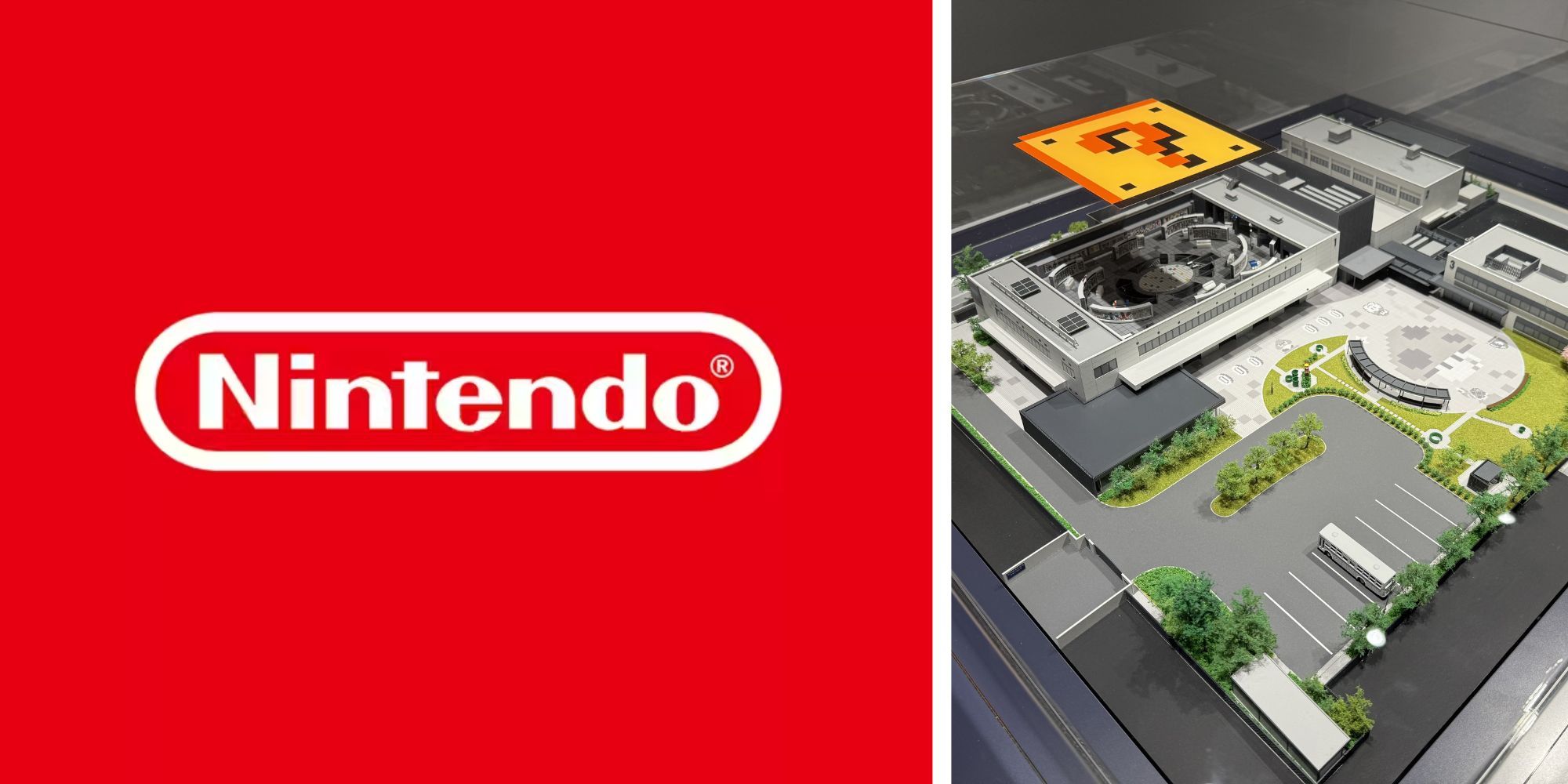
Key Takeaways
- Nintendo has managed to make a name for itself when it comes to enforcing IP protection laws.
- The company hypocritically uses emulators in its own museum despite targeting similar projects.
- Nintendo’s strict guidelines for creators and streamers show the company’s uncompromising stance on content control.
As a lifelong Nintendo fan who has spent countless hours (and dollars) on their iconic games, I can’t help but feel like a jilted lover watching this unfold. It’s as if Nintendo, the beloved partner who always said “no” to emulation, has been caught red-handed with another in an illicit affair!
It could be said that if video game companies were linked to the Seven Deadly Sins, Nintendo might be connected to anger. This is because they are known for vigorously enforcing their rules against those who dare to violate them.
Interestingly enough, it appears that the same rules don’t seem to apply to Nintendo themselves. The company has garnered attention for compelling the closure of Ryujinx, a PC-based Switch emulator. However, it was discovered that Nintendo itself has been using an emulator within its newly established Kyoto museum.
Online, you can see pictures and clips of a museum display that appears to feature an old-school Super Nintendo Entertainment System (SNES) controller connected to a computer, apparently demonstrating the operation of retro video game emulation software.
The large gaming company has built a strong image of actively stopping any activity that seems related to unauthorized emulation by filing lawsuits or issuing cease-and-desist orders against fan projects and emulation platforms.
Conversely, the debut of a museum exhibition in Kyoto has cast Nintendo in an unexpected limelight, revealing to some the apparent contradiction in the company’s actions that they term as hypocritical.
For decades, Nintendo has been waging a battle against emulation. The firm has previously grabbed attention by targeting ROM-sharing platforms like EmuParadise and LoveROMs, arguing that these websites foster piracy.
Over the years, Nintendo has issued numerous takedown notices against preservation projects as well, establishing themselves as the company that you do not mess around with when it comes to IP protection.
Where Does Nintendo Draw The Line?
While it’s reasonable for gaming studios to set limits against piracy and emulation, the Nintendo Switch manufacturers take extraordinary measures to ensure that only approved content gets shared online.
This also takes us back to the limitations recently set for content creators and streamers.The company threatened a ban if anyone showcased anything remotely similar to leaks or data-mined content.
Regrettably, as the audience was beginning to adjust to the stricter policies, the latest video revealing the company disregarding its own rules in emulation felt more like a car crash.
It seems highly unlikely for the company to make a formal announcement about the matter. More likely, they’ll work out a resolution privately as the issue gradually disappears from online attention.
Read More
- LUNC PREDICTION. LUNC cryptocurrency
- BTC PREDICTION. BTC cryptocurrency
- USD PHP PREDICTION
- USD ZAR PREDICTION
- BICO PREDICTION. BICO cryptocurrency
- SOL PREDICTION. SOL cryptocurrency
- USD COP PREDICTION
- USD CLP PREDICTION
- MOVR PREDICTION. MOVR cryptocurrency
- RDNT PREDICTION. RDNT cryptocurrency
2024-10-14 22:38